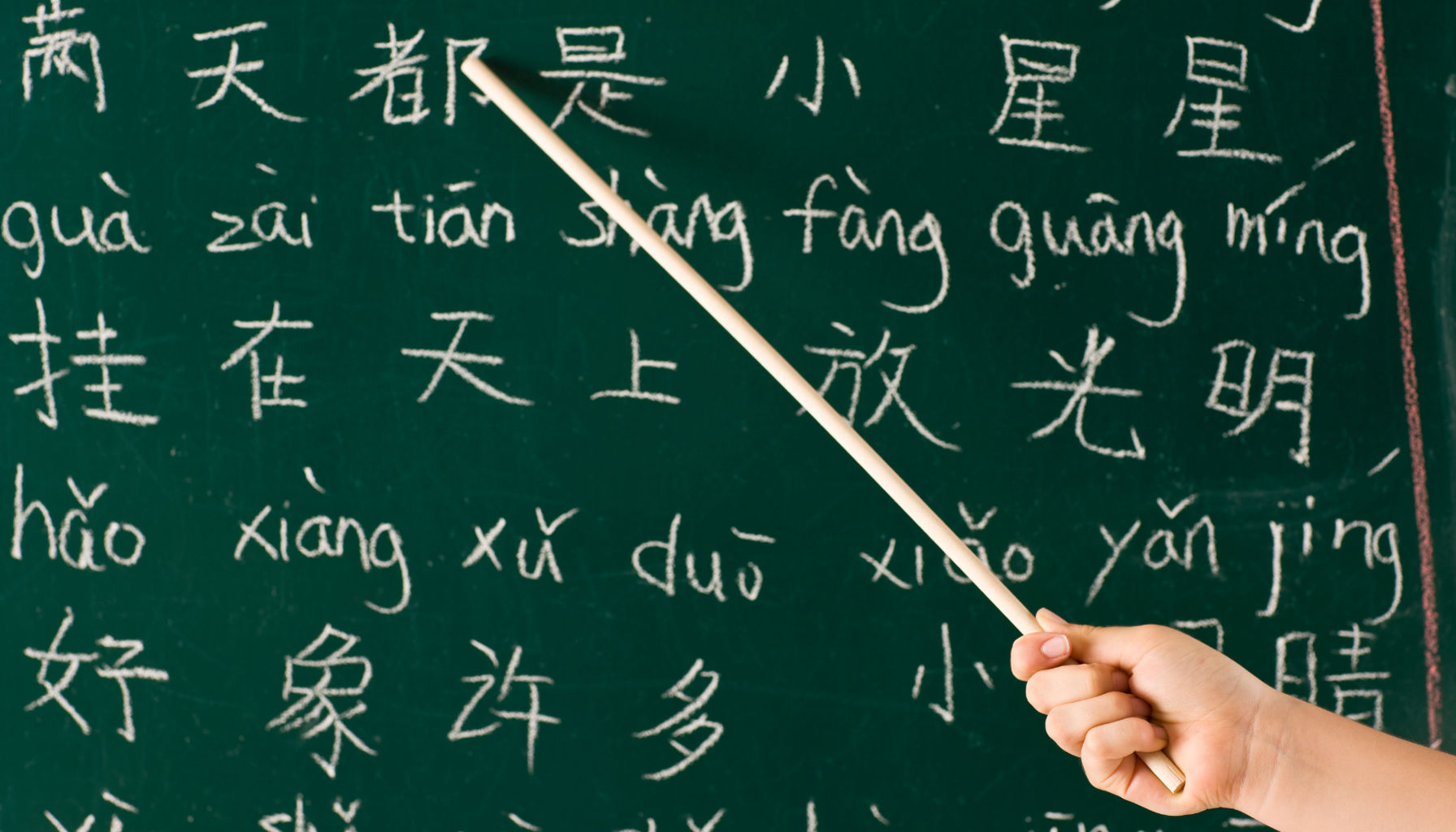In today’s interconnected world, integrating Chinese learning into early education is not just beneficial, but essential. Recognising the growing influence of the Chinese language on the global stage, the integration of Chinese learning into early education has become more crucial than ever. This article delves into successful strategies and top-notch approaches for integrating Chinese language learning into early childhood education at home, empowering parents to establish a solid linguistic groundwork for their children.
Recognising the Significance of Integrating Chinese Learning into Early Education
Integrating Chinese learning into early education provides a wide range of cognitive and cultural advantages. Research indicates that young children who are exposed to a second language early on tend to demonstrate superior problem-solving abilities, heightened creativity, and enhanced memory function. Moreover, mastering the Chinese language allows individuals to explore diverse cultural landscapes and gain a more comprehensive understanding of the world. This cultivates a sense of global consciousness and empathy, particularly when introduced at a young age.
Establishing an Engaging Chinese Language Atmosphere in Your Home
Creating an immersive language environment at home is a highly effective method for integrating Chinese learning into early education. Integrating the language into daily activities can greatly enhance learning, even if you’re not fluent in Chinese.
Parents can begin by integrating Chinese music, stories, and children’s television programs into their daily routine. Consistent exposure to the language helps children become more familiar with its sounds and rhythms, making it easier for them to learn words and phrases. Moreover, incorporating labels around the house that feature Chinese characters alongside their English equivalents can also prove advantageous. These labels can be strategically placed on everyday items like furniture, appliances, and toys, offering a consistent visual reminder that enhances the learning experience.
This not only helps develop language skills but also fosters a deeper cultural understanding in children. Engaging with community groups or online platforms that facilitate language exchange can be a great way to bring authentic language experiences into the home. It offers children the opportunity to practise their conversational skills and build confidence in using Chinese in real-world contexts.
Using Digital Tools to Elevate Chinese Language Learning
Digital tools can greatly enhance the experience of learning Chinese from the comfort of your own home. Apps and online courses, such as Gold Star Education that are tailored for children can create an engaging and enjoyable learning experience. These tools provide an engaging and interactive way for children to improve their listening and speaking skills. They offer a structured yet enjoyable environment for practice. Parents can greatly support their children’s language acquisition by dedicating regular time for digital learning sessions. This consistent practice is essential for their progress and development.
Embracing Structured Learning and Play
Structured learning is an essential component in strengthening language skills, complementing the immersive experiences provided by media and the environment.
Regular Storytelling Sessions
Make sure to spare some time for storytelling in Chinese. Engaging in activities such as reading Chinese books or sharing stories in Mandarin can have multiple benefits. Not only will it enhance your language skills, but it can also strengthen the bond between you and your child. Select books that have straightforward sentences and repetition, and engage in conversations about the story and illustrations to improve understanding and expand vocabulary.
Language Playdates
If possible, arrange playdates with other children who are studying or speak Chinese. Engaging in structured play or activities with peers in Mandarin offers valuable language practice and enables children to confidently use Mandarin in social situations. This is also a form of integrating Chinese learning into early education at home.
Gold Star Education: Elevating Your Home Chinese Learning Experience
At Gold Star Education, known for our expertise in education consulting, we are committed to equipping parents and children with the necessary tools and guidance to seamlessly incorporate Chinese learning into early education at home. Our consultants are highly knowledgeable and experienced in providing tailored strategies that cater to your child’s unique learning style and your family’s specific requirements.
For a comprehensive guide on establishing a successful Chinese learning environment in your own home, be sure to check out our website at Gold Star Education . Trust Gold Star Education to be your trusted companion as you embark on the fulfilling adventure of raising bilingual children.
When it comes to incorporating Chinese learning into early education at home, it’s important to take a well-rounded approach that includes immersion, structured learning, and cultural engagement. By implementing these strategies and following proven techniques, parents can give their children a strong grounding in Chinese, setting them up for the advantages of being bilingual in the future. By utilising the appropriate resources and implementing effective strategies, your child can thrive and succeed in mastering this language of global importance.
By: Felicia G






0 responses on "Integrating Chinese Learning into Early Education at Home: Effective Methods and Best Practices"